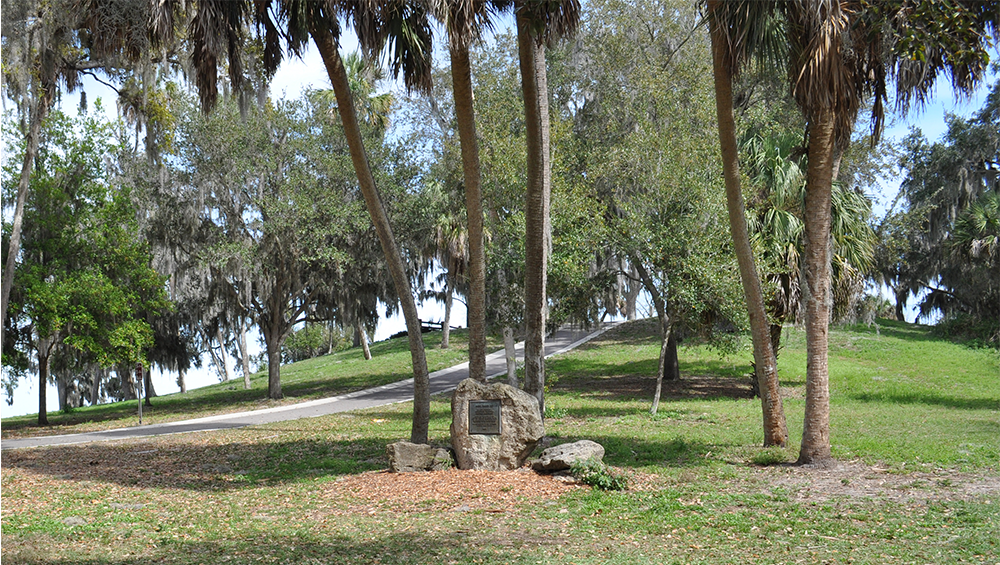The Seminole Tribe of Florida is finally seeing the return of ancestral remains from The University of South Florida Department of Anthropology. USF had previously kept and curated the remains of 200 individuals collected from Native American burial sites. USF anthropologists are moving through the final stages of returning remains recovered from archaeological investigations, excavations for construction projects, and donations by the public. This is in accordance with the National Graves Protection and Repatriation Act of 1990,
The process of transferring
This effort has already helped the Seminole Tribe of Florida rebury some of their ancestors on protected land. Others are still in museums and university repositories. They will be returned in upcoming months to nine other tribes across five states.
Related: All USF College of the Arts Performances Are Free this Season
Anthropology Professor Thomas Pluckhahn has reached out to more than 100 federally recognized tribes for consultation and to return remains to where they belong.
He noted:
“It’s a highly complicated process as some tribes may prefer that the remains of their ancestors stay with the museum. At least for the time being. Others prefer to have them reburied, but don’t wish to have any physical contact with the remains. Owing to spiritual prohibitions on handling them. And others want to move forward with reburial, such as the Seminole Tribe of Florida, as expeditiously as possible.”
Related: TECO Partners with USF to Accelerate Development of Clean Energy
In addition to the Seminole tribes of Florida and Oklahoma, the human remains in USF’s possession are determined to be culturally affiliated these other tribes:
- The Quapaw Nation
- Osage Nation and Shawnee Tribe in Arkansas
- The Hopi Tribe and the Zuni Tribe of the Zuni Reservation in Arizona
- The Agua Caliente Band of Cahuilla Indians and the Morongo Band of Cahuilla Mission Indians in California.
Pluckhahn is now working to return the remains to their descendants.
“The repatriation of our ancestors is paramount to the health and well-being of tribal populations today. Let’s not forget, the ancestors who sit in collections were erroneously stolen from their graves,” said Tina Marie Osceola, tribal member and director of the Seminole Tribe of Florida’s Tribal Historic Preservation Office. “The more universities like USF work to correct the wrongs of the past, it is our hope that the moral compass of society will change. And the ancestors of indigenous people are no longer collected like fossils to line shelves.”
Interested in our Modern Globe weekly newsletter?
By submitting this form, you are consenting to receive marketing emails from: . You can revoke your consent to receive emails at any time by using the SafeUnsubscribe® link, found at the bottom of every email. Emails are serviced by Constant Contact




























